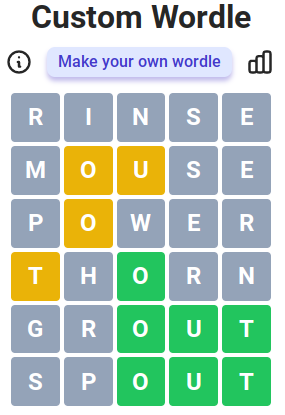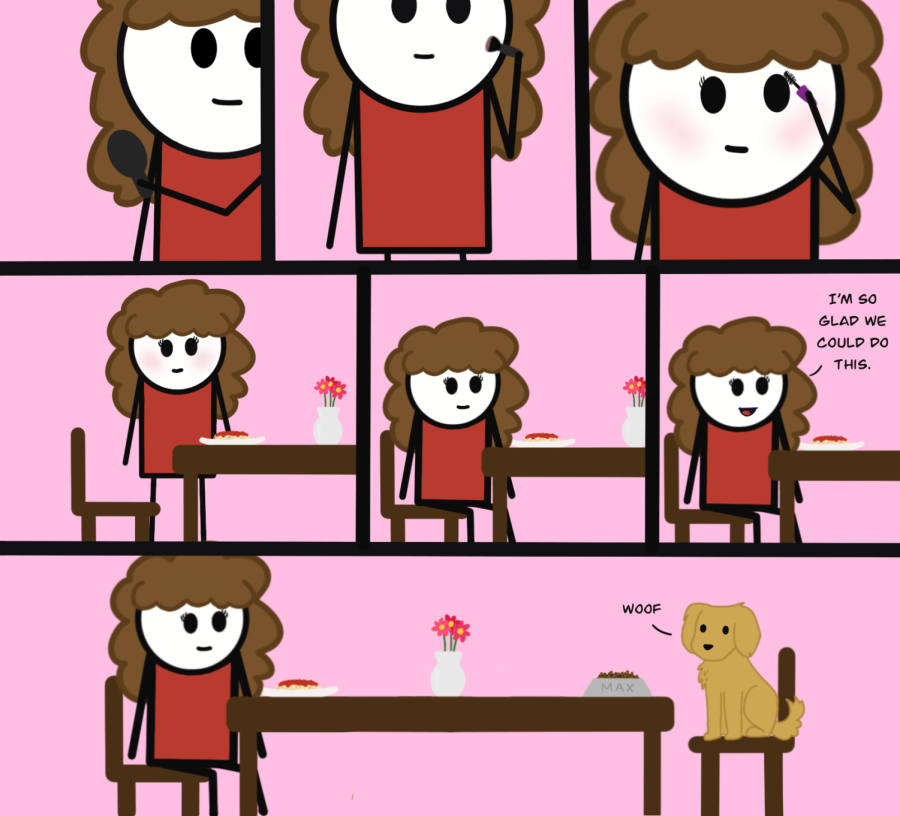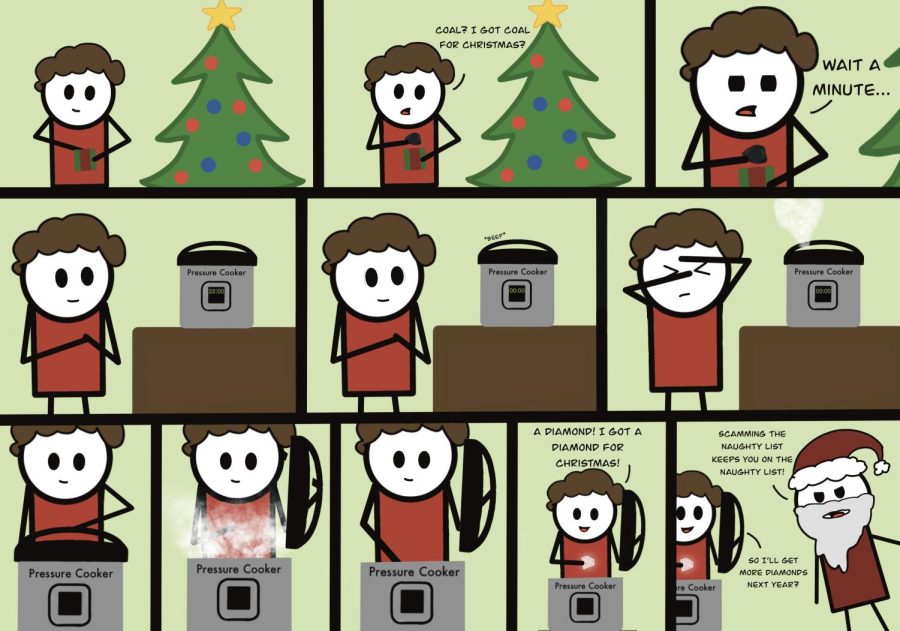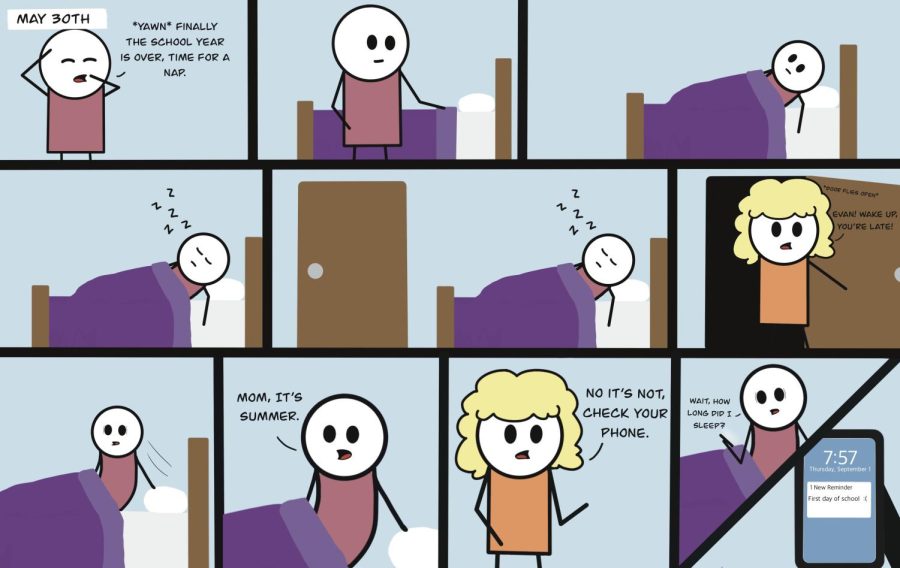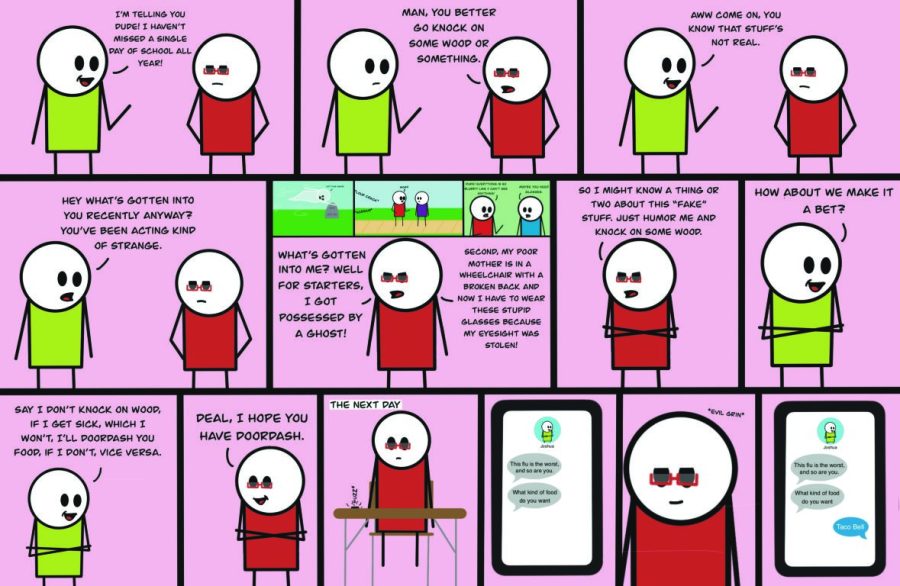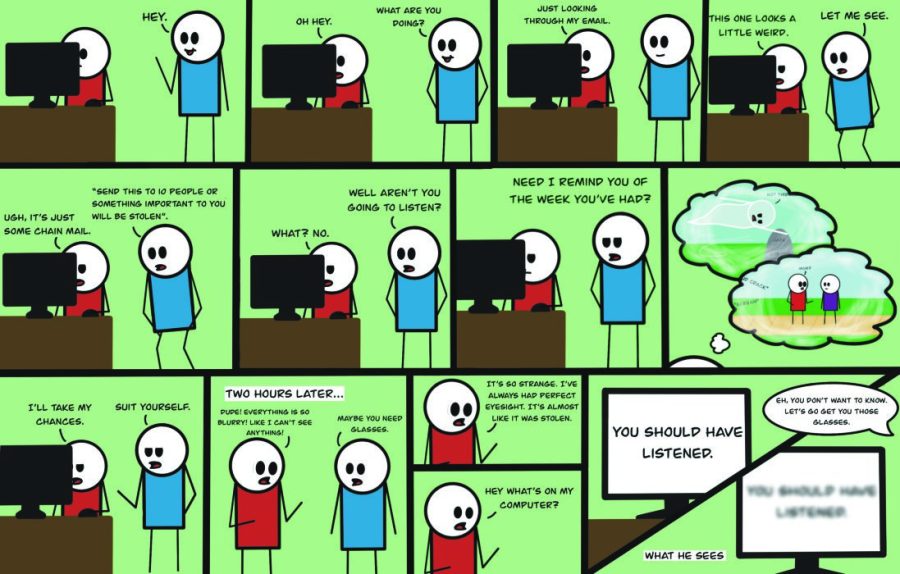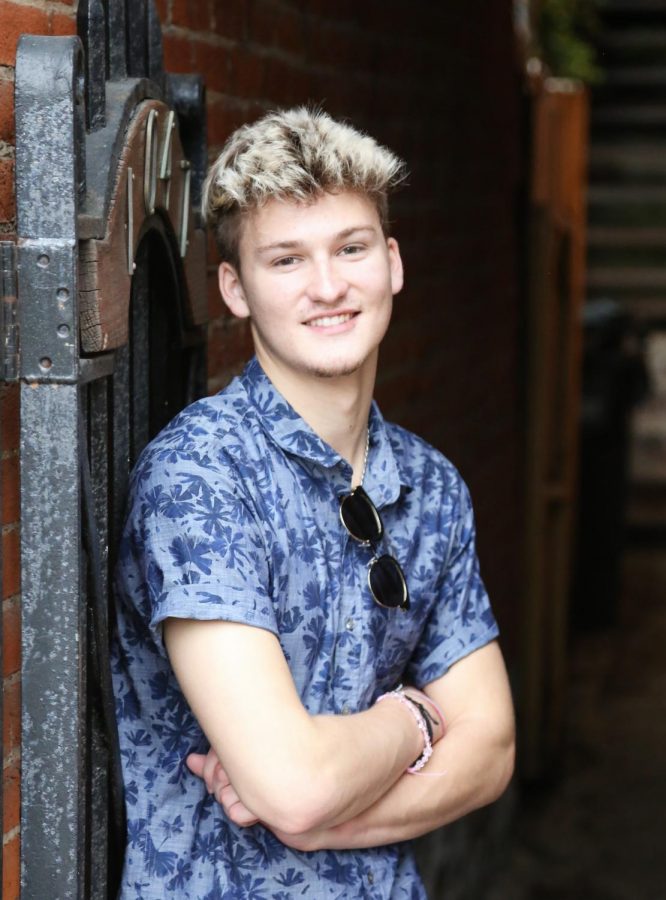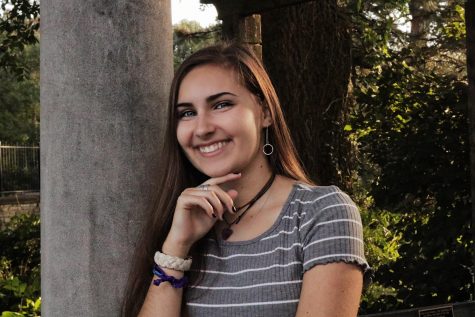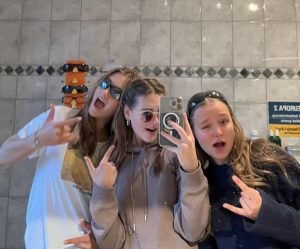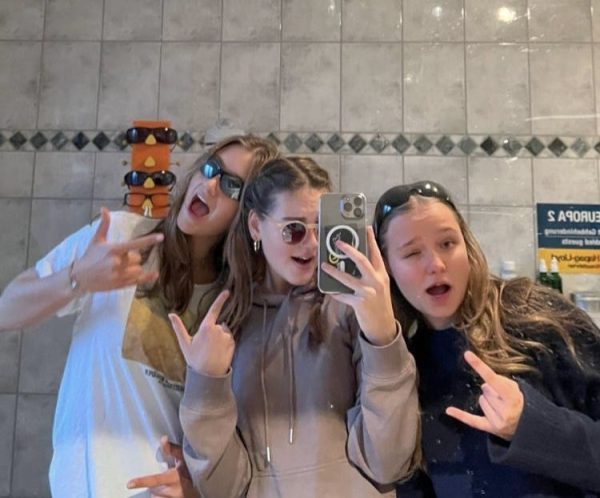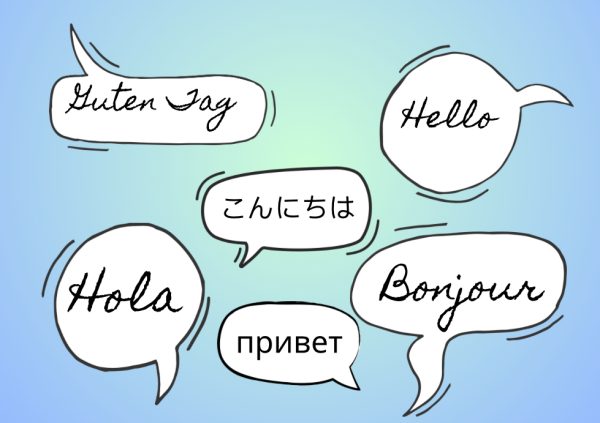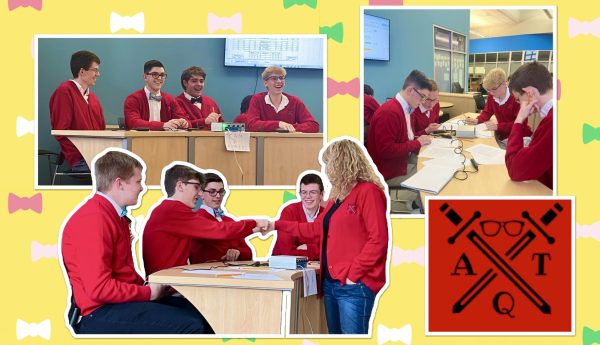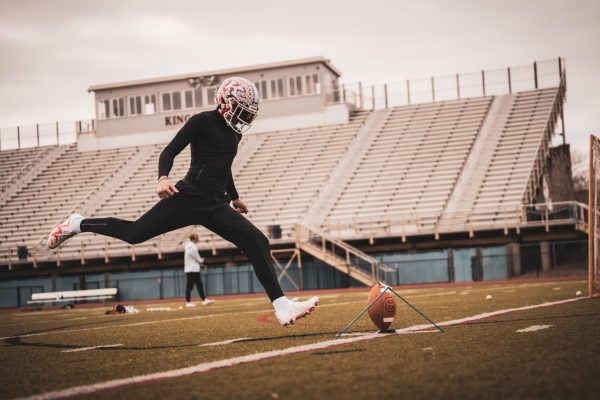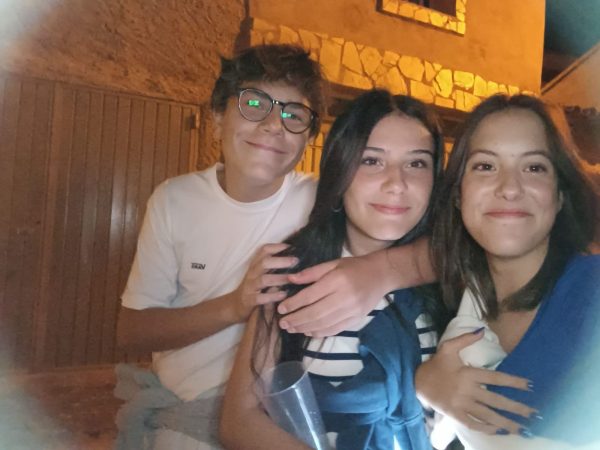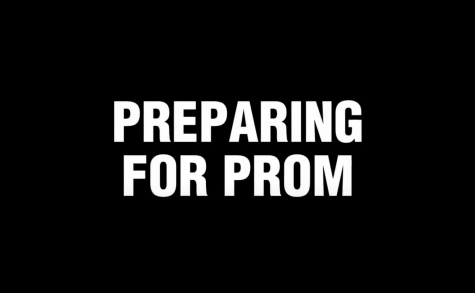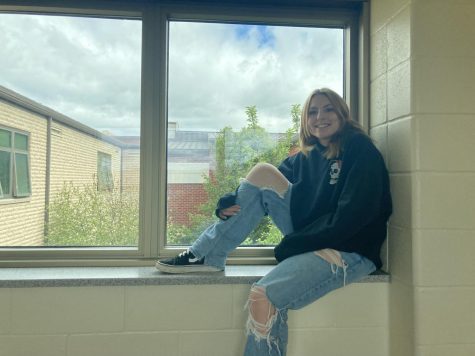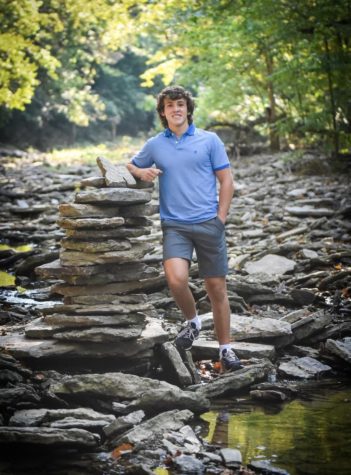Soft Voice, Loud Beats
May 14, 2019
He’s quiet, sure. He slips around rather unnoticed, but always dressed well. He sits at his desk, not drawing, not illustrating, but mixing. He’s an artist, but not the traditional kind. He doesn’t play guitar, he doesn’t play the drums, he doesn’t sing. He produces his own beats and rhythms electronically.
Lucas Anderson-Clark is a musician.
Though he doesn’t play, Anderson-Clark really loves the sound of acoustic instruments. He’s been incorporating them into his beats as of late, but his sound didn’t start out this way.
“When I first started I made simpler stuff. I feel like how a lot of people start is with rap or trap beats. That’s how I started too,” says Anderson-Clark.
His biggest inspiration is a musician named Jeremy Zucker. Zucker is a 22 year-old artist whose music is described as “introspective indie electronica with hip-hop undertones.”
“He was a big influence on the stuff that I make and how it sounds,” says Lucas.
Lucas also cited his brother as an influence on his decision to pursue music. “He played piano and played the mandolin; I looked up to him a lot.”
Most people struggle to make time every day to sit down and relax, but not Lucas. He tries to make something new every day after he gets home from school. With all this music comes a lot of learning, mixing, and mastering. Not only does he have to master the audio, he must master his technique as well.
“I started watching YouTube videos. There’s so much to learn that I still have no idea about; it’s really just trial and error,” says Lucas.
With this trial and error comes a lot of different sounds. He utilizes a resource called Splice, which is a website filled with sample loops that artists can listen to to gain inspiration. He uses it to listen to different keys and chord progressions that he likes; it’s a way of getting insight into different sounds.
Music is a part of everyone’s lives, with many kids becoming avid recorder players by age 10. Aside from requirements for school and lessons wished for by parents, most kids don’t seriously venture into the world of music.
“I’ve always had a connection to music and I wanted to make it. When I was younger I used to play a lot of instruments; I played piano and the violin. I played the trumpet for a little bit,” says Lucas. “Music is just a way I like to express myself.”
Lucas’s best friend since the seventh grade, Sam Murray, has a little more insight into the music that Lucas works on. Few people have heard Lucas’s music, as he’s always been a private person.
“I’m one of the lucky few; I’ve heard him sing before, which is not something that happens [often],” says Murray.
Lucas and Sam are both avid music consumers, but Sam says that Lucas is always one step ahead of him in finding new music.
“He listens to more music than anyone I’ve ever met; to the point where it’s almost annoying. I’ll send him a song on Spotify, and he’ll be like, ‘Oh, I love that one!’ I just want to show him something, but I can’t,” says Murray.
Most people have a hard drive filled with pictures or school project documents. Lucas’s hard drive is filled with unfinished songs and beats. Murray says that Anderson-Clark “always gets in his head about it before it’s out.”
Although it’s impossible to find Lucas’s music anywhere, he says his sound is all over the place, sometimes working with hip-hop, sometimes with alternative, sometimes with pop, and sometimes with R&B. Sam says that “you can always bob your head to it,” meaning that Lucas’s style always has an upbeat flair.
Lucas’s girlfriend of over three years, Etain Brunner, describes his sound as “alternative, indie, with some electro vibes mixed in.”
His music has changed since he first started, and so has he.
“Since he started creating music he’s been really happy and more outgoing, willing to try new things in general. I think it’s because he found something he really enjoys and is passionate about.” says Etain.
“For me music has always been something I’ve used to help cope. No matter how I’m feeling, I always have music playing,” says Lucas. “When I started making music, it was to explain stuff that I couldn’t put into words. I think that chords can evoke emotion better than words can. Music connects people.”

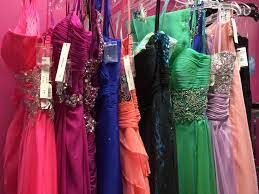
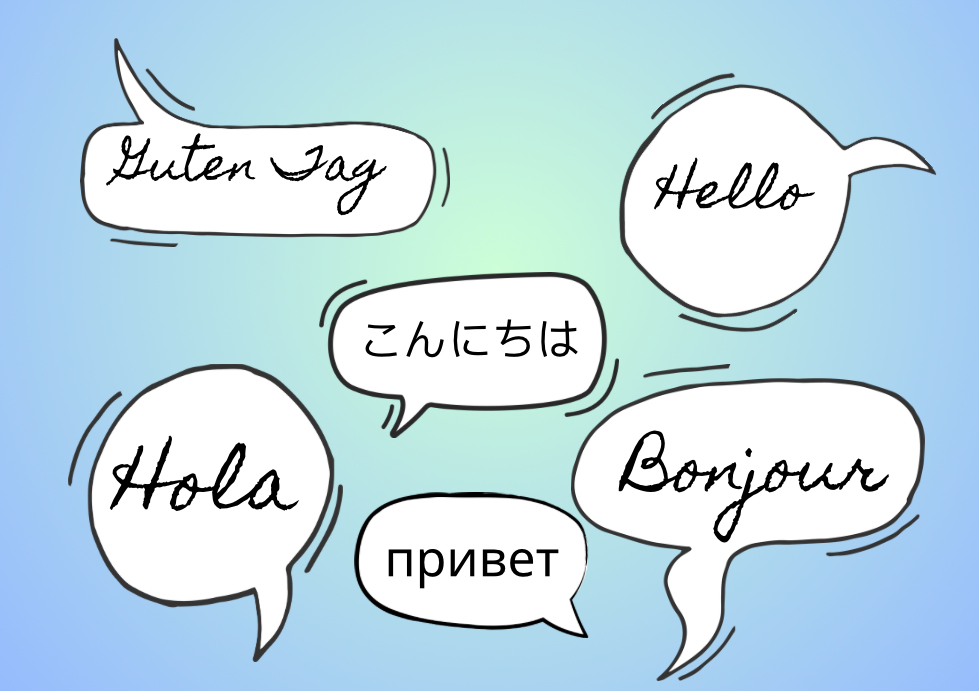
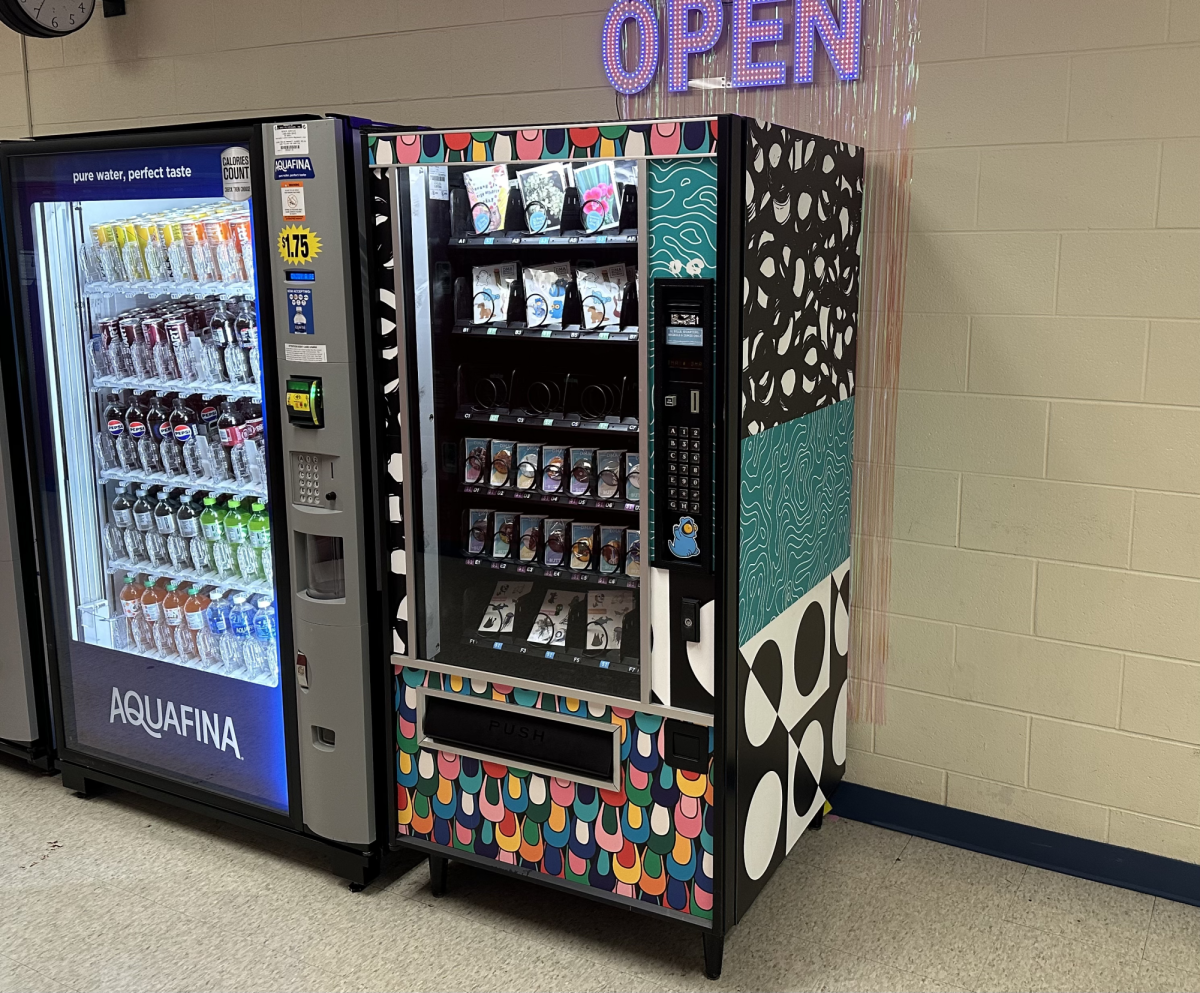




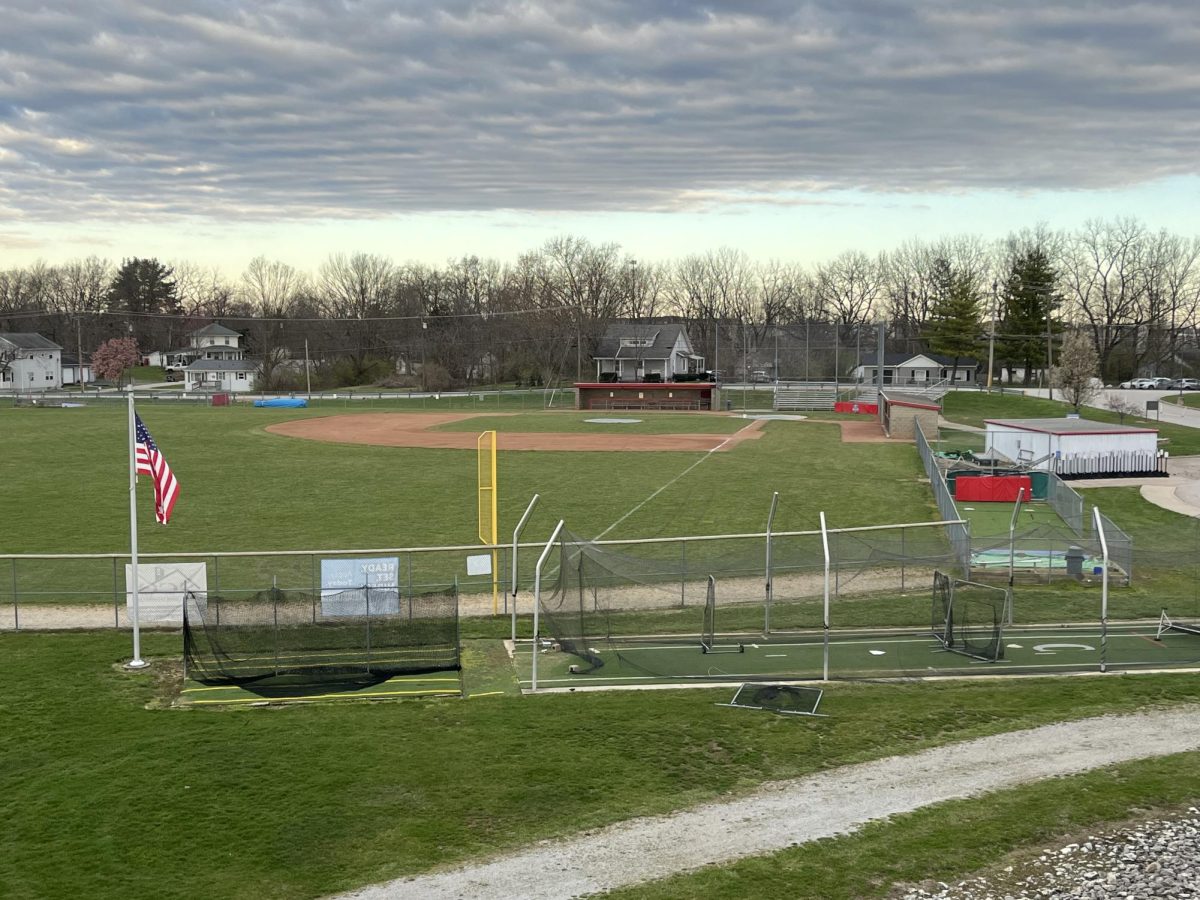

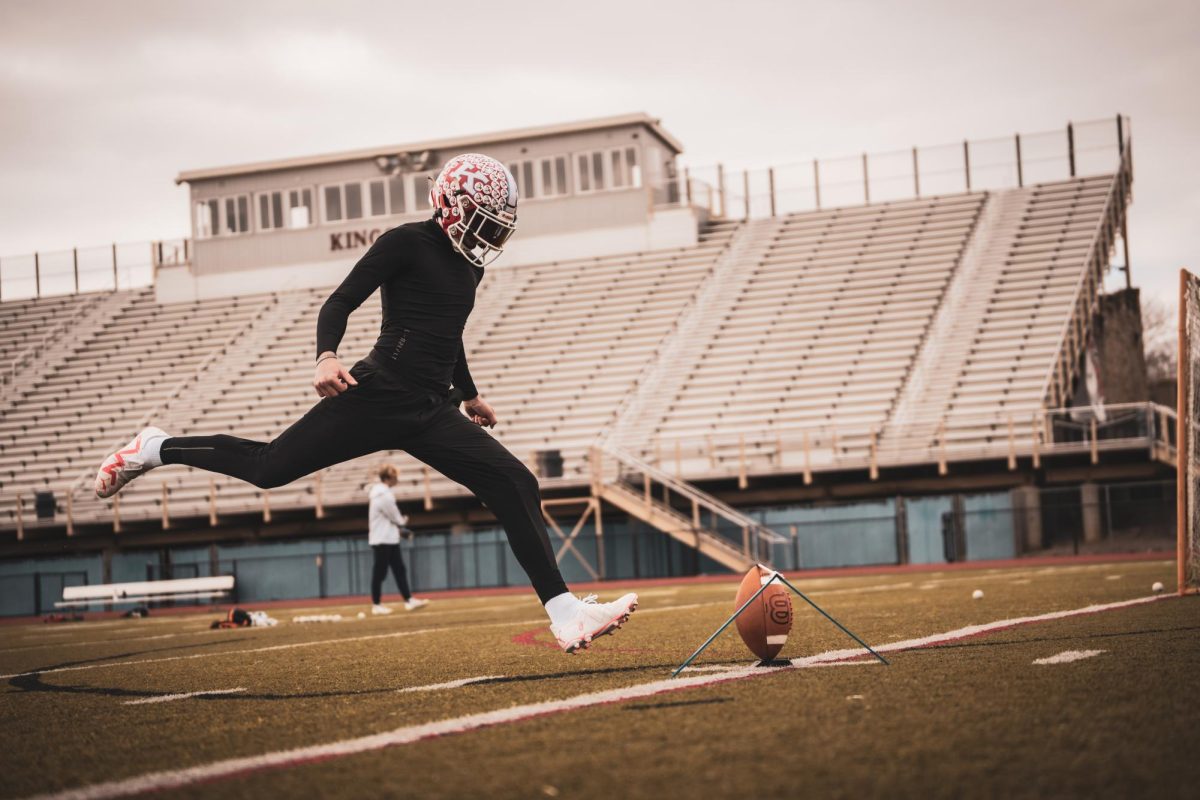
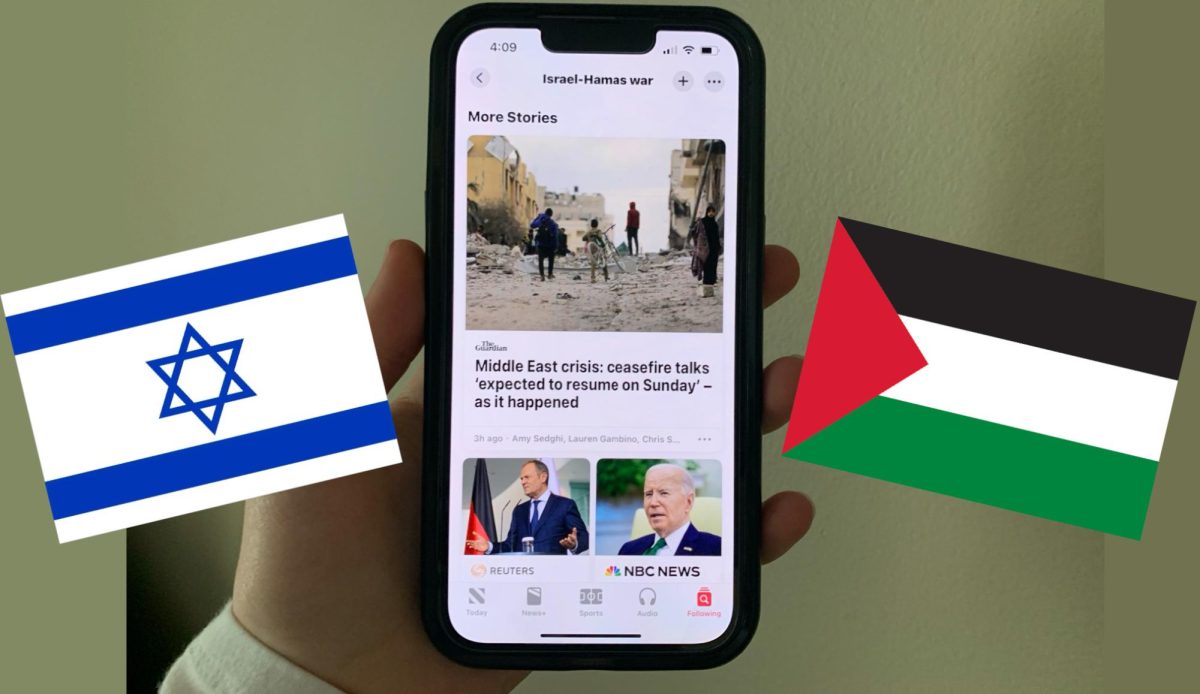


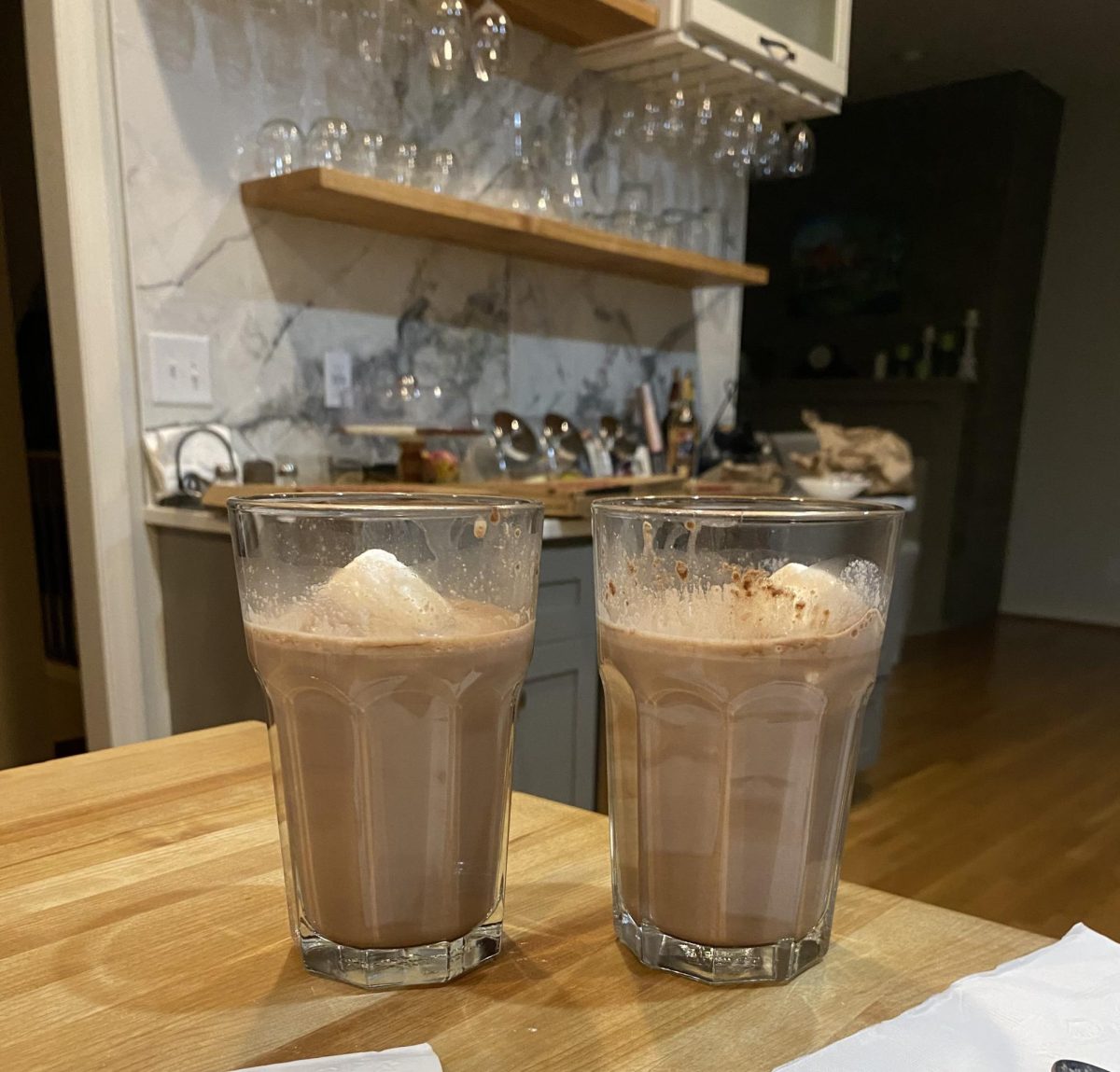
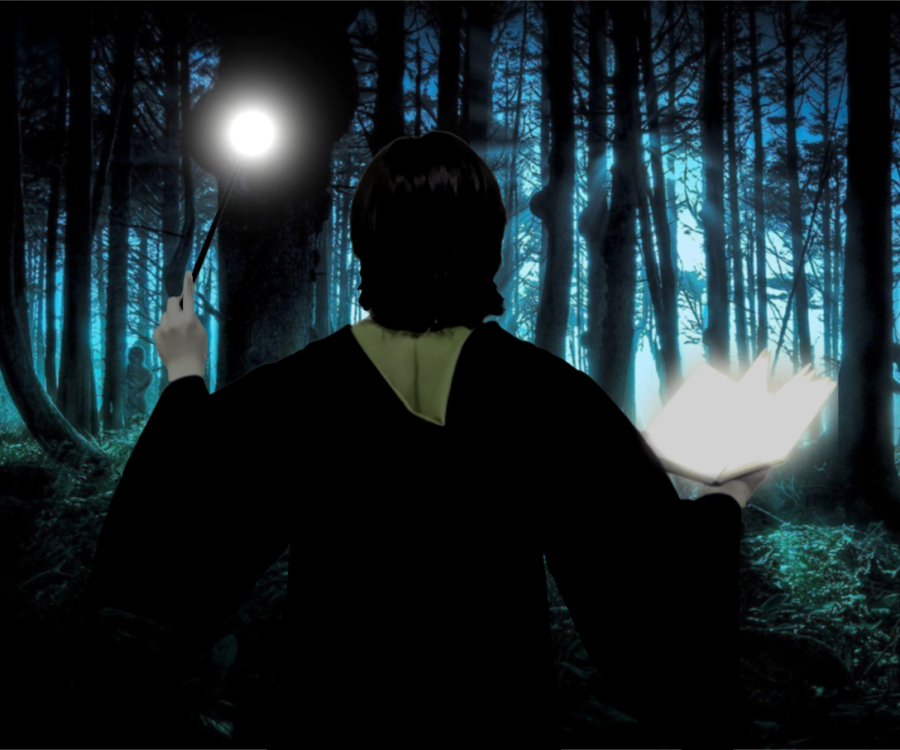
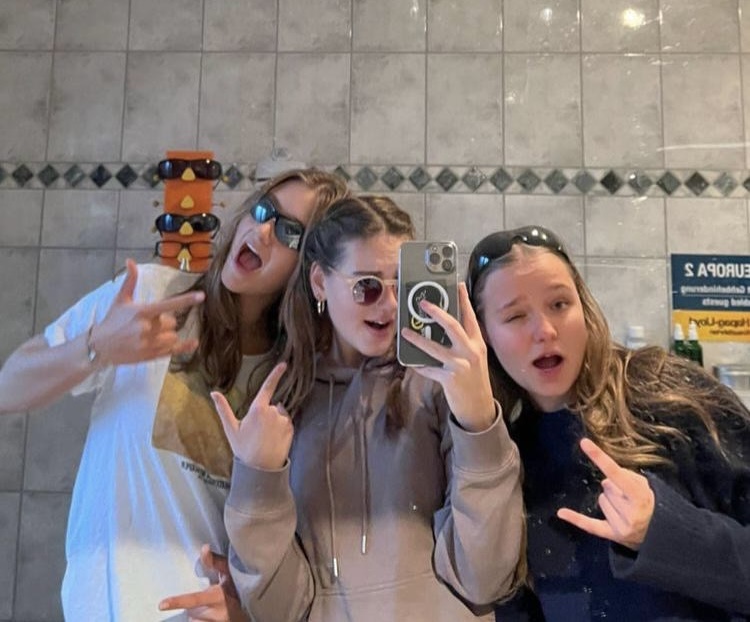
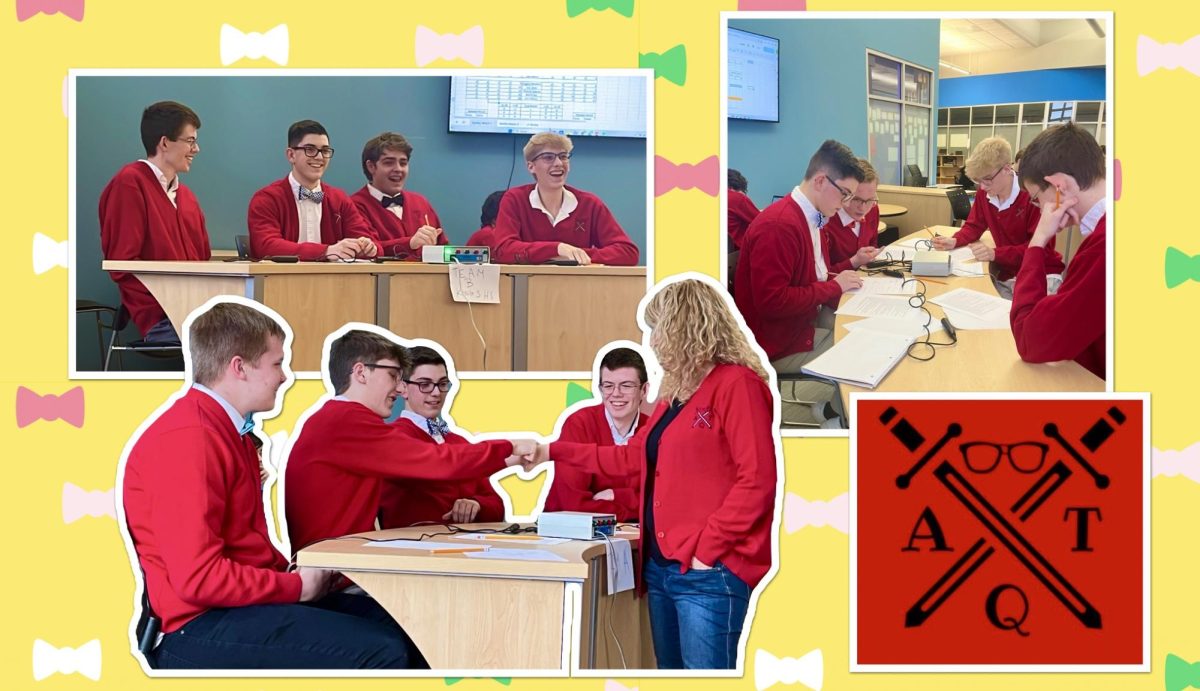

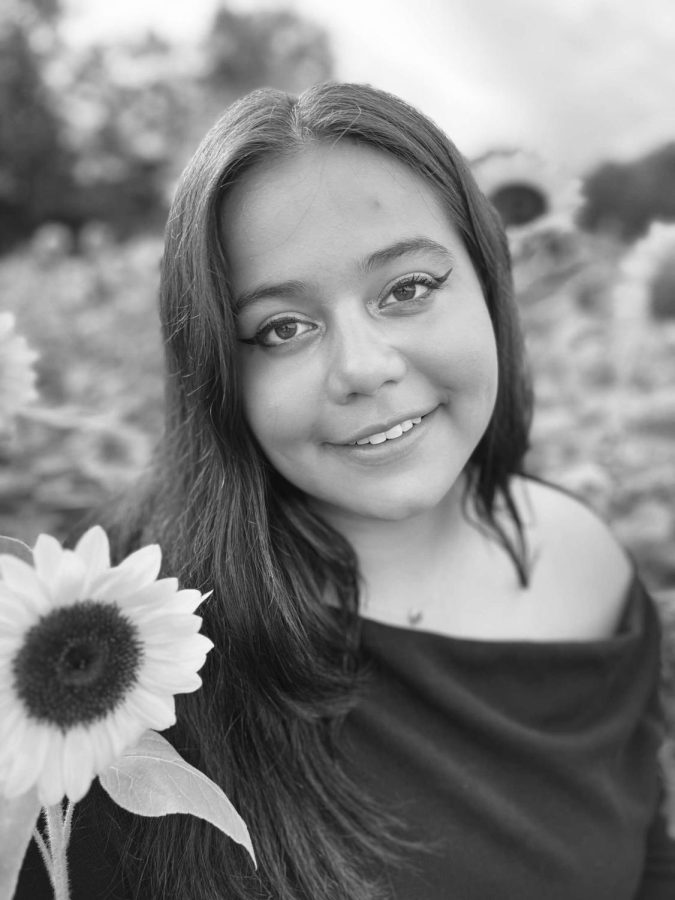

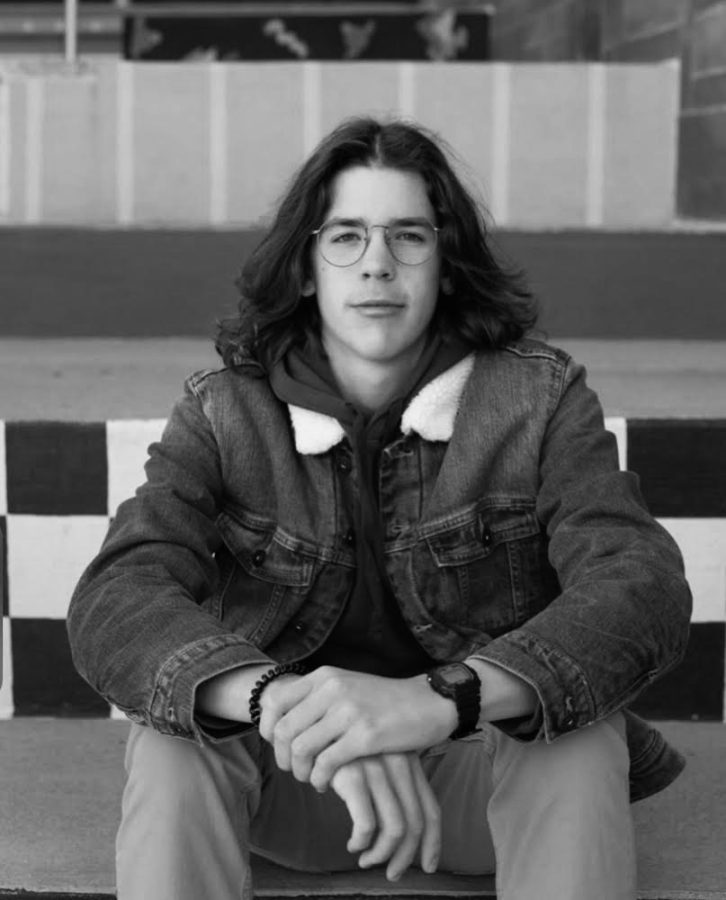
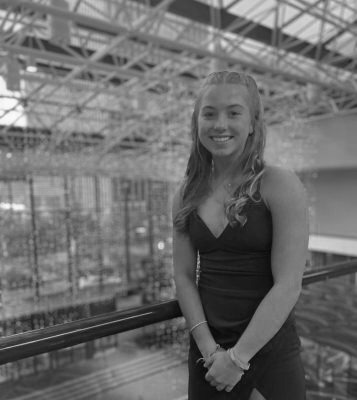
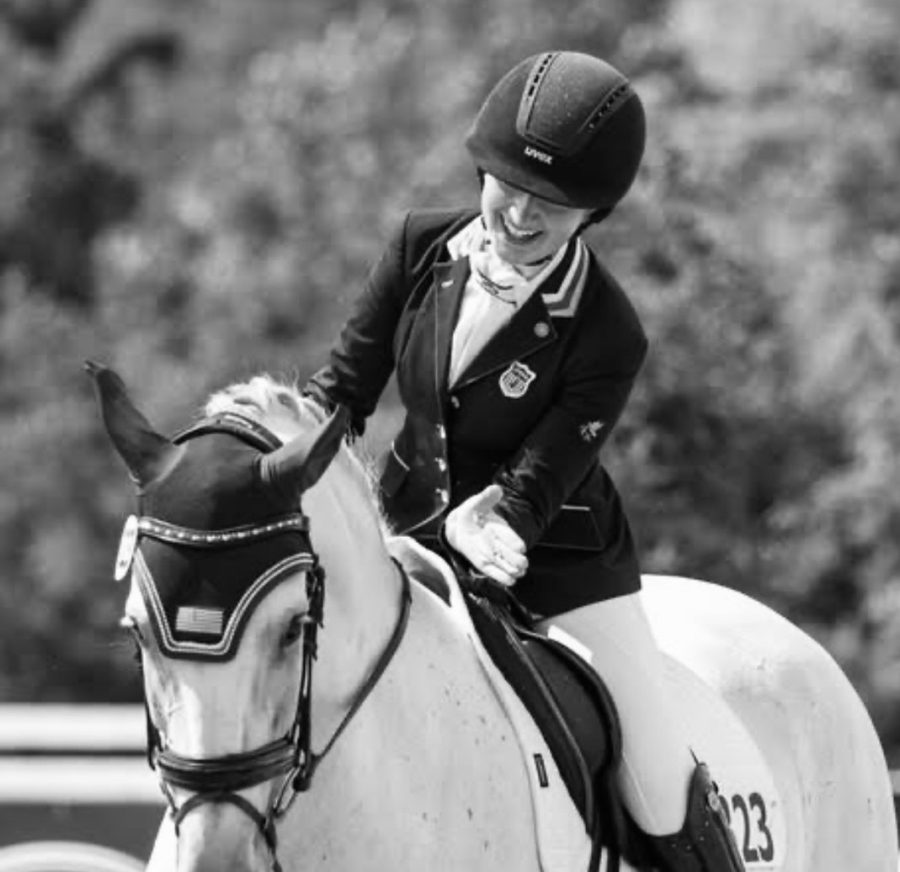
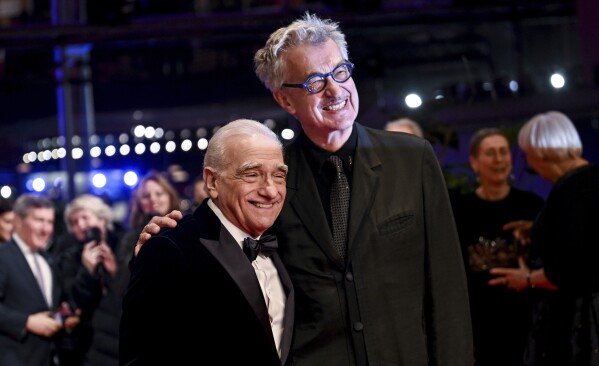
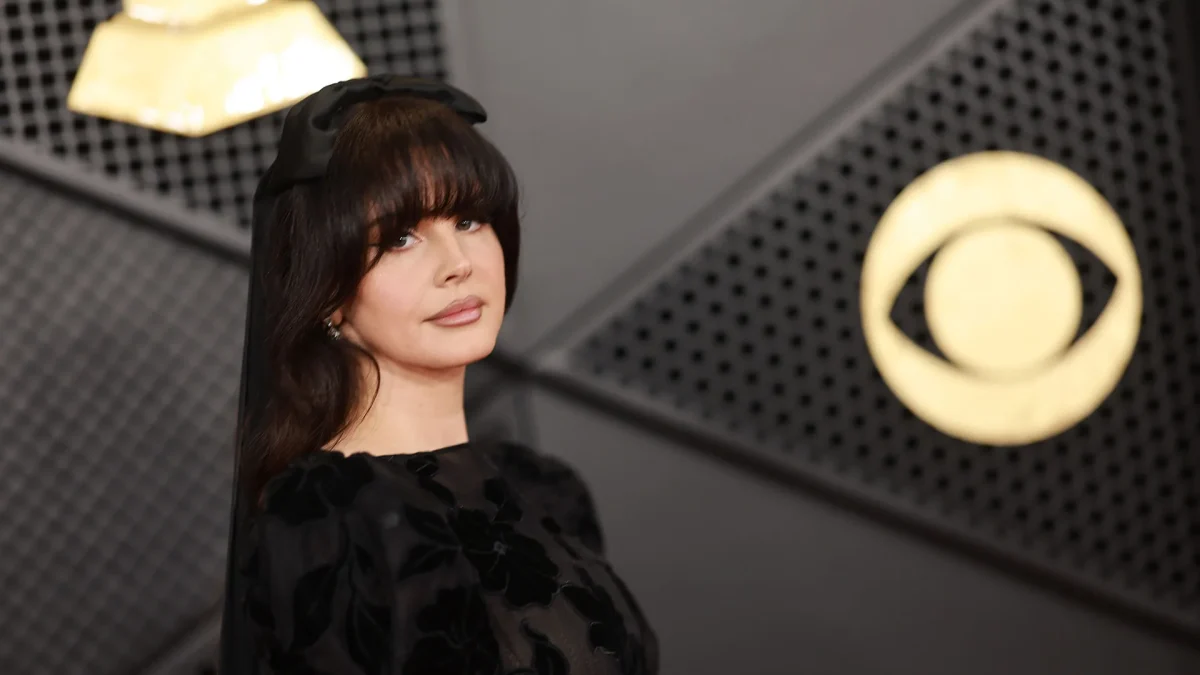
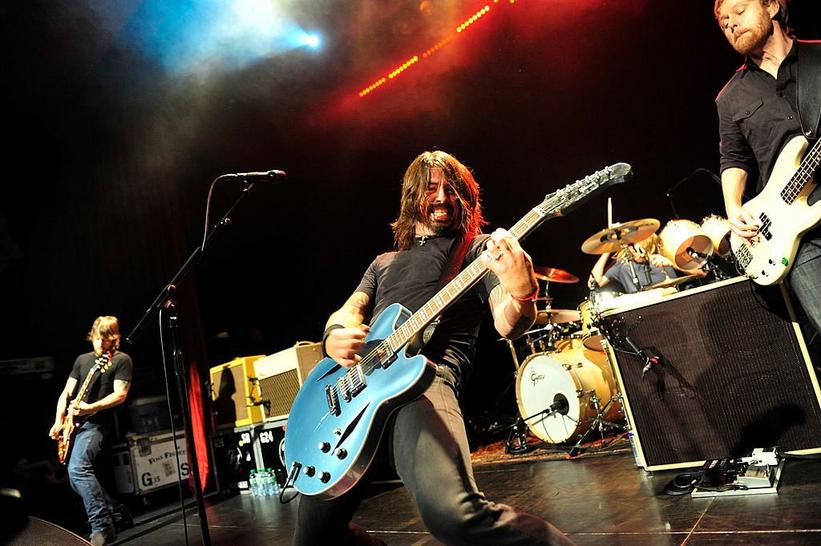
![During the holiday season, it can be tiring to hear the same Christmas songs all the time. These non-traditional tunes hope to cure some of the holiday monotony. [Photo Credit: Mallory Green]](https://khsknighttimes.com/wp-content/uploads/2023/12/greenfeatureimage-1200x680.jpg)

